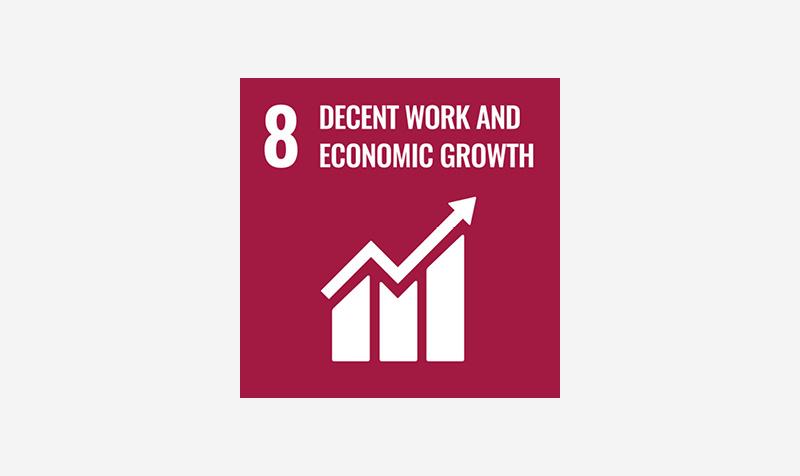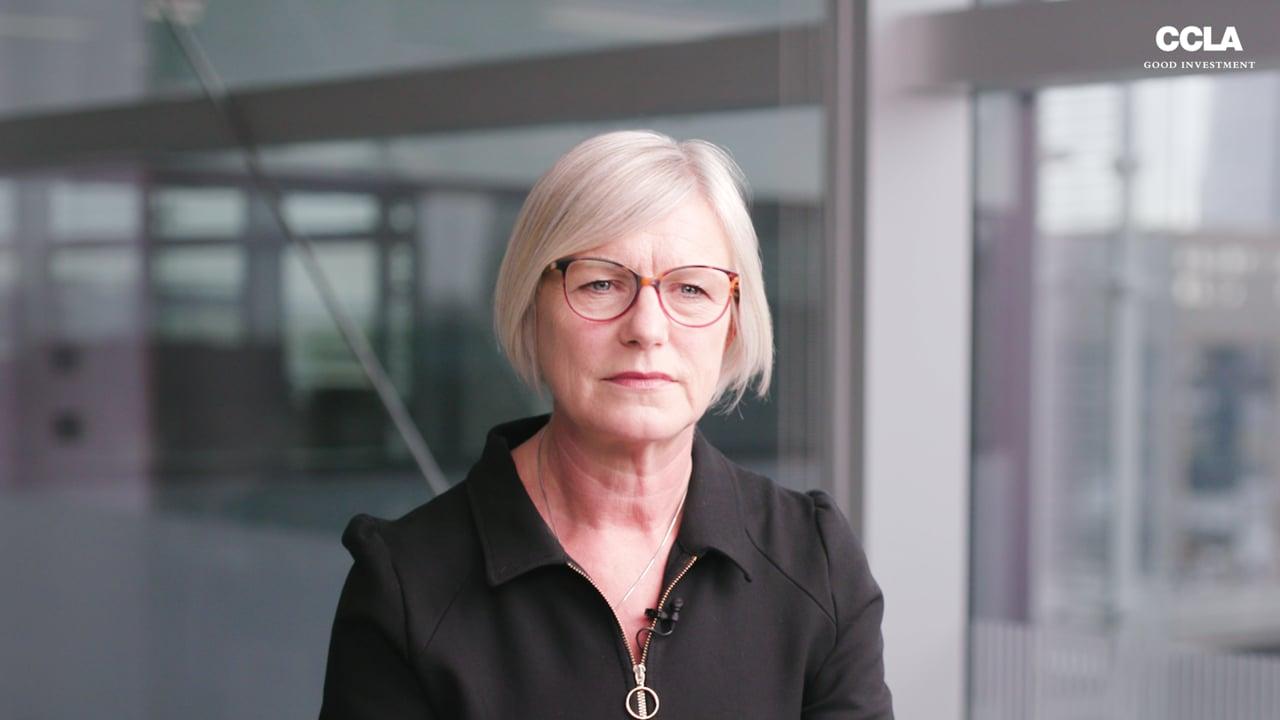We expect investee companies to recognise their workforce as a key source of value for the business and respect International Labour Organisation (ILO) Core Conventions, the ILO Fundamental Principles on Rights at Work, and promote ‘decent work’.
We expect all companies to be operating in line with the ILO Core Conventions and local labour laws in each of their jurisdictions. They should expect the same of their suppliers and business partners. Furthermore, they should recognise the need to be transparent about their workforce policies and practices with investors.
Our better work stewardship covers modern slavery. Modern slavery is an umbrella term encompassing slavery, servitude, human trafficking and forced or compulsory labour. Victims are controlled by punishment, debt bondage, threats, violence, deception and coercion. Whilst the true scale is indeterminate, the ILO estimates that 50 million people worldwide are in a state of modern slavery.
Modern slavery is as critical for the business and investment communities as it is for law enforcement. Against a backdrop of increasing public scrutiny, a risk once reputational and short-term in nature is becoming financially material.
Modern slavery infiltrates the supply chains of many everyday products and consumer-commodities including food, electronics and clothing. It is also rife in non-consumer sectors, like construction and hospitality. While some companies are more exposed than others, all businesses are linked to modern slavery either directly or indirectly via their supply chains. Large, listed companies are in an influential position to set standards, implement policies, and take action to find, fix and prevent modern slavery.
Initiatives

Addressing modern slavery
We believe that businesses can play a key role in the fight to end modern slavery. We aim to use the power of investors to encourage more effective action to find, fix and prevent modern slavery.
CCLA engagement initiatives

Coca-Cola (forced labour)
In 2024, the New York Times uncovered exploitative abuse, forced labour and coerced hysterectomies in the Maharashtra sugar cane industry in India.
CCLA led engagement with Coca-Cola on behalf of an investor coalition engaging sugar buyers in the region. We asked the company to tackle this issue and ensure effective grievance mechanisms for affected workers.
Coca-Cola agreed to implement training for mill management and labour brokers to improve recruitment and labour conditions. It also advanced plans to establish the Coalition for Responsible Sugar in India (CRSI).
Meanwhile, we are engaging with the Independent Sugar Workers Association (ISWA) and brokered the first meeting between ISWA and global sugar buyers (Unilever, Nestle, Coca-Cola, Mondelez, PepsiCo). In June 2025, the New York Times reported that the international pressure may be working with signs of change in the sugar industry in India. We will continue to engage on this topic.

LVMH Moet Hennessy Louis Vuitton (Living Wage)
CCLA began engaging with LVMH on the Living Wage in 2024 through the Platform for Living Wage Financials (PLWF). In the 2023-4 assessment, LVMH’s approach was rated ‘Embryonic’. The Group's decentralised structure is a particular challenge; they are comprised of 75 brands or ‘maisons’ which all have significant autonomy. Therefore, despite having a Living Wage commitment, it is unclear how LVMH implement this policy across their maisons.
In December 2024, CCLA and members of the PLWF engagement group met with LVMH, pushing for a strengthened approach on Living Wage. They shared that one of their maisons, Louis Vuitton, is working with the Fair Wage Network to engage suppliers and promote fair payment within their supply chains, but did not provide evidence of an improved group approach.
CCLA will continue to monitor LVMH’s progress and engage when their next assessment is published in late 2025.

Engaging with the Home Office (modern slavery)
Modern slavery exists somewhere in the supply chain of every business and as investors, we have a duty to work with companies to tackle this problem.
Case studies from our work have supported the Home Office Forced Labour Forum in a project to update statutory guidance for the Modern Slavery Act’s Transparency in Supply Chains provisions.
In March 2025, the Home Office published updated statutory guidance, drawing on and referencing CCLA’s UK Modern Slavery Benchmark framework. Discussions with the Home Office continue.
Progressive policy and regulation is a key lever for bringing about systemic change. CCLA’s Dame Sara Thornton, former UK independent anti-slavery commissioner, leads this work on our behalf.

